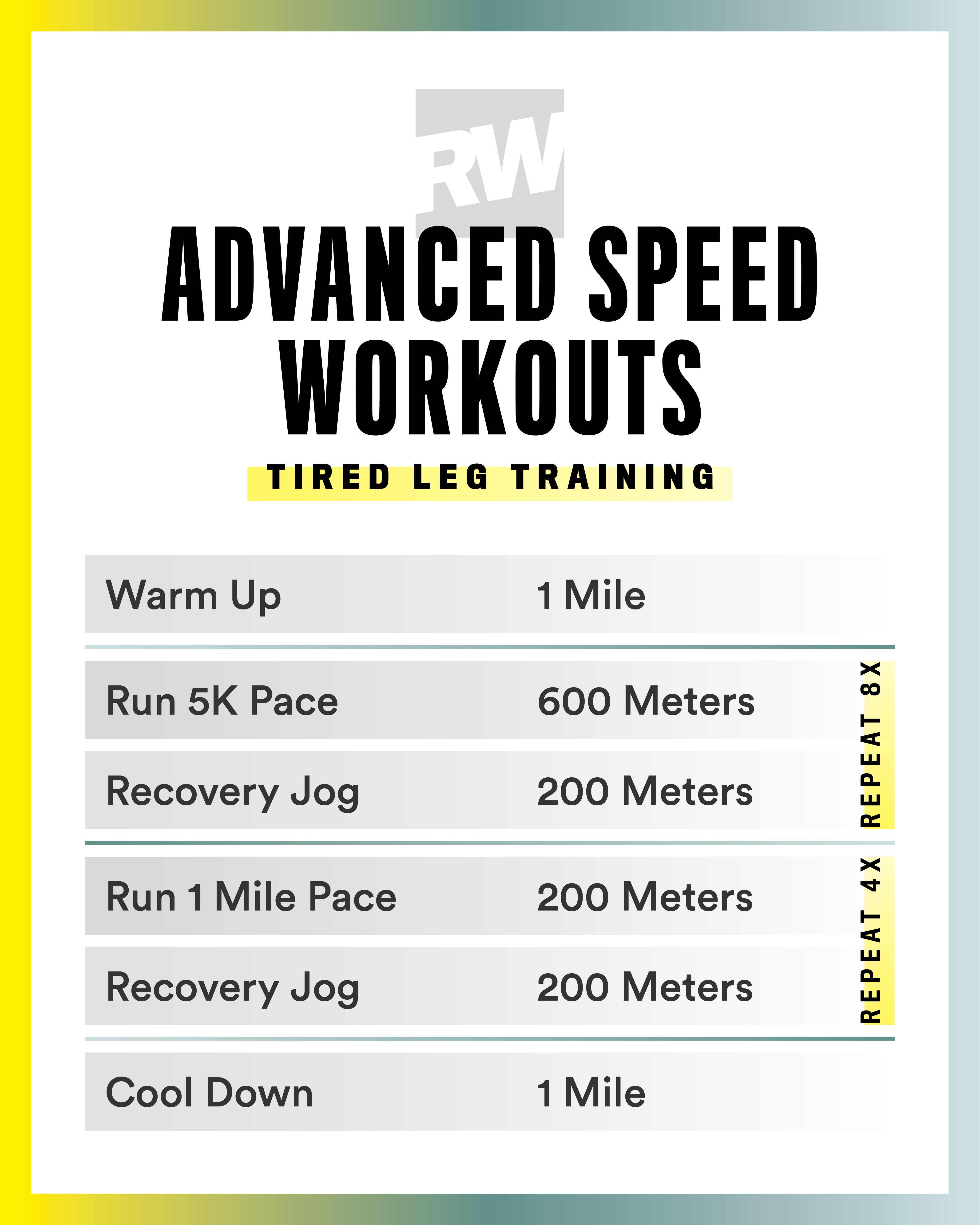Boost Your Running Strategy with Proven Techniques
Boost Your Running Strategy with Proven Techniques
Blog Article
The Ultimate Overview to Taking Care Of Discomfort When Running
For joggers, experiencing pain during runs is not unusual, and knowing exactly how to successfully manage and stop it can make a considerable distinction in your total performance and satisfaction of the sport. Whether you are an experienced marathoner or just beginning your running trip, recognizing the different kinds of pain that can emerge and the techniques to resolve them is crucial. From pre-run warm-up routines to proper footwear selection, there are various variables to take into consideration when it involves dealing with pain while running. This thorough guide will certainly furnish you with the expertise and devices essential to navigate via the pain and equip you to attain your running objectives with higher ease.

Recognizing Different Sorts Of Running Pain
When running, it is necessary to compare various sorts of pain to stop injuries and take full advantage of performance (Read More). One typical sort of discomfort that joggers may experience is muscle mass soreness, which commonly develops from the stress placed on muscle mass throughout exercise. This sort of pain is commonly a regular part of the running process and can be handled through appropriate workout, cool-down, and extending routines
An additional sort of discomfort to be familiar with is joint discomfort. Joint discomfort can indicate problems such as overuse, incorrect type, or underlying problems like joint inflammation. Ignoring joint discomfort can lead to a lot more serious injuries, so it is essential to attend to any kind of discomfort quickly and possibly look for expert advice.
Furthermore, sharp or stabbing discomforts should not be disregarded. These kinds of pain can indicate acute injuries such as stress, strains, or tension fractures - running strategy. Continuing to go through these types of discomfort can exacerbate the injury and extend healing time

Pre-Run Workout and Extending Regular
To prepare the body for a running session, applying an efficient pre-run warm-up and extending routine is necessary. An appropriate warm-up assists raise blood circulation to the muscle mass, boosts adaptability, and minimizes the risk of injury during the run. By incorporating a consistent pre-run warm-up and extending routine right into your running program, you can maximize performance and lessen the danger of pain or injury.
Correct Shoes Choice and Fit
When selecting running footwear, it is essential to think about variables such as foot kind, running stride, arch assistance, padding, and footwear dimension. Seeing a specialty running shop for a gait evaluation and expert installation can aid ensure that you select the right shoes for your specific demands. Spending in high-quality footwear that is proper for your running style and foot composition is an aggressive action in the direction of preventing discomfort and injuries throughout your runs.
Nutrition and Hydration Tips for Pain Prevention

Hydration is equally critical for joggers to avoid pains, dehydration, and various other discomforts that can cause pain during running. It is recommended to drink a sufficient amount of water throughout the day and particularly in the past, throughout, and after running sessions. Electrolyte-rich drinks or sporting activities beverages can also be useful for renewing shed minerals and keeping appropriate fluid balance. running strategy (Read More). By focusing on nutrition and hydration, runners can improve their efficiency, lessen pain, and take pleasure in a much more comfy running experience.
Post-Run Healing Techniques to Alleviate Pain
Carrying out effective recuperation techniques is essential for minimizing discomfort and advertising muscle mass healing after running sessions. One key post-run recuperation technique is see it here stretching. Incorporating fixed go for significant muscular tissue teams can assist minimize muscular tissue tension and pain. Foam rolling is another valuable method to release muscular tissue tightness and improve blood flow to the muscle mass, assisting in quicker recovery. Furthermore, topping aching locations for 15-20 mins can help in reducing swelling and numb pain post-run.
Consuming a balanced treat or dish that consists of protein and carbohydrates within 30 minutes of ending up a run can help repair muscle mass tissue and restore power shops. By integrating these post-run healing techniques right into your regimen, you can efficiently take care of discomfort and enhance your running performance.
Verdict
In conclusion, attending to various types of running pain through appropriate warm-up, extending, shoes option, nourishment, hydration, and post-run healing strategies is crucial for pain prevention and administration. By comprehending the reasons for pain and implementing these strategies, joggers can reduce pain and prospective injuries. It is critical to focus on overall physical health and wellness and well-being to make certain an effective and enjoyable running experience.
Report this page